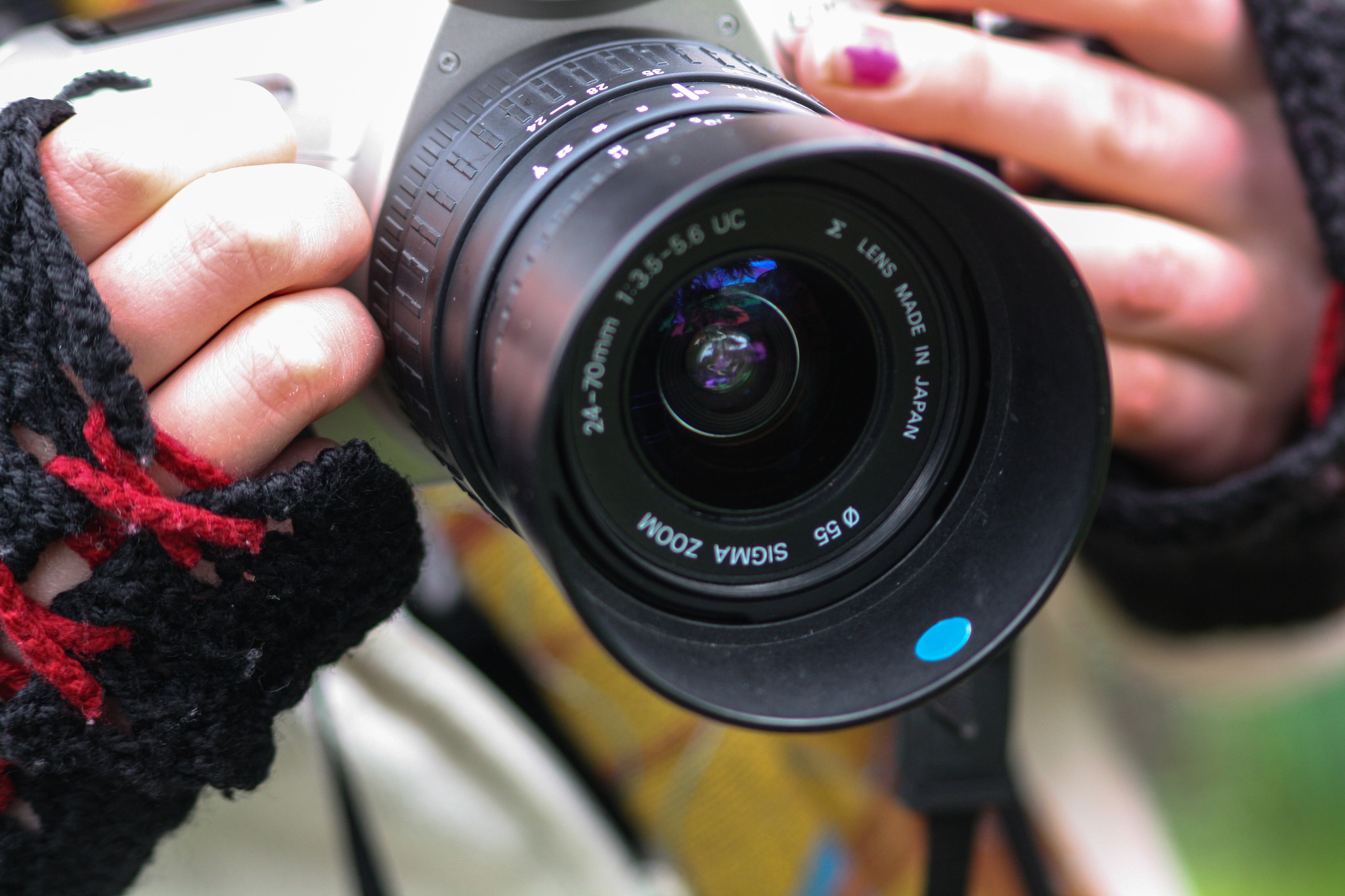It’s the time of year when a lot of people turn their thoughts to charity. Perhaps it’s the freezing weather that makes us grateful for a warm home and hyper aware of those who have nowhere to live or no money for heating. Perhaps it’s the extra spending we are doing on gifts and decorations that makes us think of those with nothing. Perhaps it’s the epic food shop we do that means we can’t push away thoughts of those who will be having a cold cheese sandwich – at best – next Tuesday.
Whatever the prompt, people seem keen to think of those less fortunate – a phrase we have heard many times since childhood, in school assemblies or churches or wherever we hear lectures on ethics and morals in the run-up to Christmas and the New Year. Throwing a few pence into a charitable collection box or adding some treats to our shopping basket to donate to the food bank can make us feel a bit less like thoughtless, avid consumers and we might feel a bit of a buzz or a warm feeling inside, knowing we have done the right thing.
The truth is not always that straight forward, of course. Donating to charity does many things, including help us to feel good about ourselves and let ourselves off the hook, even if it is literally the only good thing we have done for society in the last six months. The can of baked beans might have contributed to a massive overstock of baked beans at the food bank, when they really needed other things that cost slightly more and that we avoided purchasing. The woman sleeping on the streets might have Coeliac disease, and you bought her a sandwich because you didn’t think to ask what she actually wanted or needed; instead, you got your warm fuzzies and she is left hungry and feeling like her needs don’t matter, even more than she did before.
It is pointless to pretend that we don’t benefit from our charitable acts just as the recipients of those acts do. Sometimes more than they do. I’ve done a lot of volunteering over the years and it would be a lie to suggest I didn’t gain as much, in terms of skills, contacts and experience for my CV as I gave to the organisations I worked with.
We should still continue to give and help, of course, but we should do so mindfully. And a new trend that has arisen with easy access to recording devices in our pockets is making everything worse.
Recording yourself giving a coat to a homeless man, or buying a coffee for someone begging outside your favourite café, or helping a disabled person to carry their shopping, or giving a bag of donations to your local women’s refuge, is tasteless and it has to stop. Not only does it turn a good act into a performance of a good act, it also dehumanises the person receiving what you offer and turns them into nothing but the recipient of your charity.
There is nothing wrong with acknowledging that donors gain from a charitable act just like recipients can. But there is everything wrong with seeking attention by setting a video to record, and later sharing it on social media. We should not need the kind of positive reinforcement that sharing a video on Facebook could give us in order to justify – or bother – doing the act in the first place. It defeats the purpose of the good deed to some degree, and it can embarrass and humiliate the person you are ostensibly helping.
We may not be able to do something that is completely selfless. But there are still a great many deeds that we can do that do not involve such self-aggrandisement as publishing our actions on Facebook or Instagram. I have seen videos in the last few months of people giving a Christmas gift to a disabled schoolfriend, asking a gay schoolfriend to the Prom, or helping to feed a disabled person at a fast food joint. And all have been widely celebrated, judging by the thousands of ‘shares’ they have received. People clicking mindlessly are briefly overjoyed at the kindness that is being displayed when, really, such ‘kindness’ is just basic humanity. The disabled people or the gay person may also feel joy and happiness in that moment, and that may be filmed, but to then see themselves represented as simply a recipient of someone’s ego production when they log into Twitter that night can’t feel brilliant, when all is said and done.
So, go and help in the soup kitchen, donate menstrual products and buy a burger for the person who desperately wants one but can’t afford it. But don’t feel the need to project this onto your social channels for the rest of the week. Just do it, quietly. And if you can’t see the point of doing it without getting celebrated afterwards, skip it and have a good think.
Photo: Alex Holyoake

